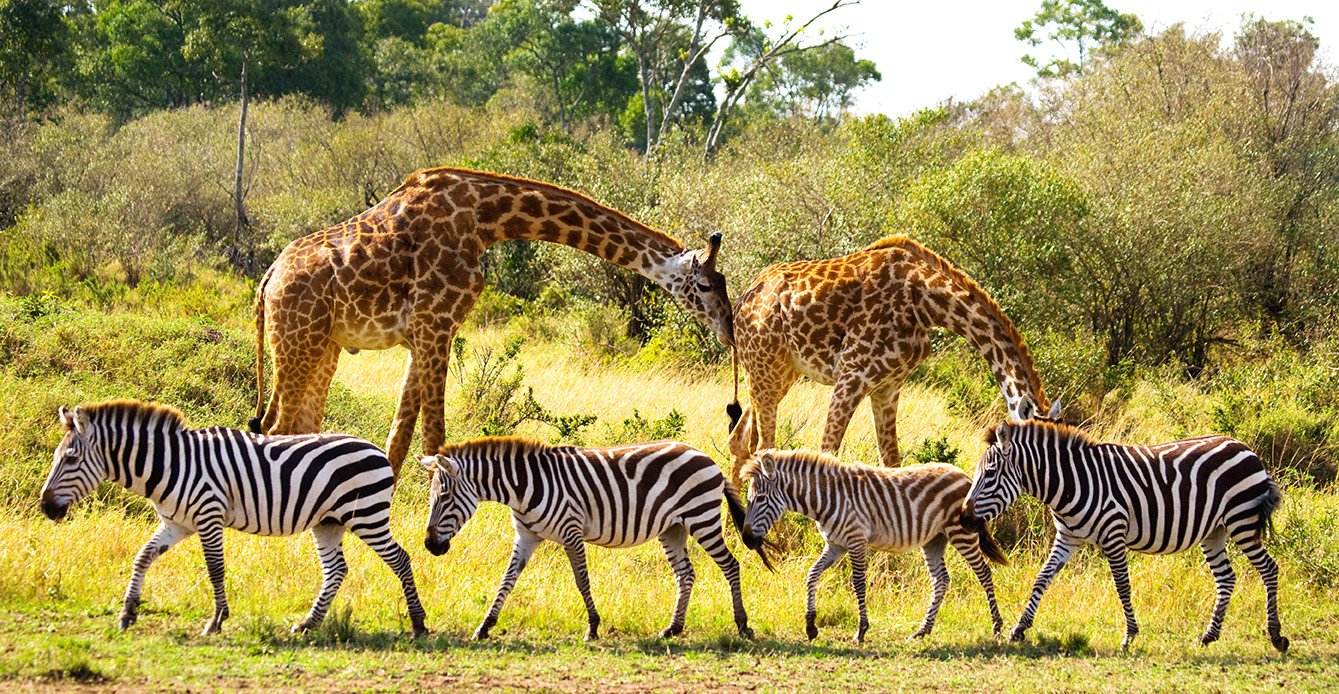Volunteering with wildlife in South Africa is an extraordinary opportunity for those interested in conservation, animal welfare, and world travel. It offers a unique chance to engage with various threatened or endangered animals, including elephants, cheetahs, lions, rhinoceros, and African wild dogs. These experiences are not only impactful but also crucial for the protection of these majestic creatures. By contributing your skills, time, or financial resources to this noble cause, you can make a significant difference, all while learning and growing personally.
There are numerous reasons why wildlife volunteers are essential in South Africa. Primarily, they help take censuses of the animals, observe wildlife, record their observations, and assist with entering data into databases. Their unique skills contribute to ongoing research, and they play a vital role in caring for the animals under supervision. Furthermore, volunteers educate others about the importance of conservation work and organize activities and educational events for fellow volunteers, staff, and the local community. They also maintain the volunteer base of operations, ensuring the project’s sustainability, and bring their newfound knowledge back home to spread awareness, attract new volunteers, and fundraise. Without volunteers, much of this essential work would remain incomplete, underscoring the importance of responsible and impactful volunteerism.
To ensure a positive impact, it is crucial to volunteer responsibly, selecting organizations that are trustworthy and committed to sustainable practices. Natucate, for example, offers responsible and sustainable volunteer opportunities in South Africa. Their wildlife protection programs, in collaboration with the World Wildlife Fund, provide volunteers with the assurance that their efforts are genuinely making a difference. With experienced staff available to offer guidance and support, volunteers can focus on their tasks, knowing that their trip will run smoothly.
For those considering wildlife volunteer work in South Africa, here are some valuable tips to maximize your experience:
- Do Your Research: Before embarking on your journey, learn as much as you can about the volunteer opportunities available and how your skills can be best utilized. Understand what a typical day looks like for a volunteer and the types of interactions you’ll have with the animals. Familiarize yourself with the wildlife you’ll be protecting, best practices for working with them, and the local customs and culture.
- Invest the Necessary Time to Make an Impact: To make a meaningful contribution, plan to stay for at least a couple of weeks. This allows time for orientation, shadowing experienced volunteers, and applying your knowledge to assist in the project. Program providers like Natucate offer flexible durations, ranging from two to twelve weeks, depending on your availability. Even a short volunteer trip can inspire further involvement in animal welfare.
- Brush Up on South African History: Understanding the rich history and culture of South Africa enhances your volunteer experience. From ancient civilizations to the modern-day country, South Africa’s history is fascinating and complex. Learning about the country’s past helps you appreciate its culture, traditions, and people.
- Learn the Language: While English is widely spoken in South Africa, it is only one of eleven official languages. Familiarize yourself with Afrikaans and other ethnic languages like Zulu and Xhosa. Learning a bit of the local language shows respect to your host community and aids in your volunteer work.
- Curate Skills That Would Be Helpful to the Cause: Identify the skills you already possess that can benefit the volunteer program. Whether it’s attention to detail, experience in education or scientific research, data analysis, veterinary care, or conservation work, leverage these skills during your time volunteering. Consider expanding your skill set before your trip by taking relevant courses or reaching out to past volunteers for advice.
- Prepare to Be Immersed in the Local Culture: Embrace the opportunity to experience a new language, lifestyle, food, holidays, and other cultural aspects. Being open to new experiences enriches your time abroad and makes you a more well-rounded, culturally aware individual.
- Take a Global Competency Course: A global competency course prepares you for encountering new cultures and perspectives. It teaches you how to adapt to daily life in a new place and enhances your success as a volunteer and world traveler.
- Recognize How to Be a Good Volunteer: Beyond sustainable and responsible travel, being a good volunteer involves demonstrating respect, kindness, empathy, flexibility, creativity, commitment, and compassion. These traits are especially important when working with animals in a foreign environment.
- Budget for Your Time Abroad: Participating in wildlife volunteer programs involves costs that support the organizations’ operations. Budget for program fees, travel and transportation costs, souvenirs, and additional time in the country. Proper financial planning ensures a smooth and enjoyable volunteer experience.
- Network: Take advantage of the opportunity to meet fellow international travelers, local South Africans, and others involved in the volunteer program. Sharing experiences and staying connected can lead to lifelong friendships and future opportunities.
- Stay Healthy and Safe: Prioritize your health and safety by getting any necessary vaccinations, packing a first-aid kit, and following local health guidelines. Understand the risks associated with working with wildlife and take appropriate precautions to protect yourself and the animals.
- Be Environmentally Conscious: Minimize your environmental footprint by using eco-friendly products, reducing waste, and respecting natural habitats. Sustainable practices ensure that your volunteer work contributes positively to the environment.
- Document Your Experience: Keep a journal or blog to document your experiences, challenges, and achievements. Sharing your journey can inspire others to volunteer and raise awareness about the importance of wildlife conservation.
- Be Open to Learning: Approach your volunteer work with a willingness to learn and grow. Be open to feedback and new experiences, and use this opportunity to develop new skills and perspectives.
- Reflect on Your Impact: After your volunteer experience, take time to reflect on the impact you made and how it has influenced you. Consider how you can continue to support wildlife conservation efforts, whether through further volunteering, fundraising, or spreading awareness.
Volunteering with wildlife in South Africa is a rewarding and transformative experience. By following these tips and approaching your volunteer work with dedication and an open mind, you can make a meaningful difference in the lives of endangered animals and contribute to global conservation efforts.



+ There are no comments
Add yours